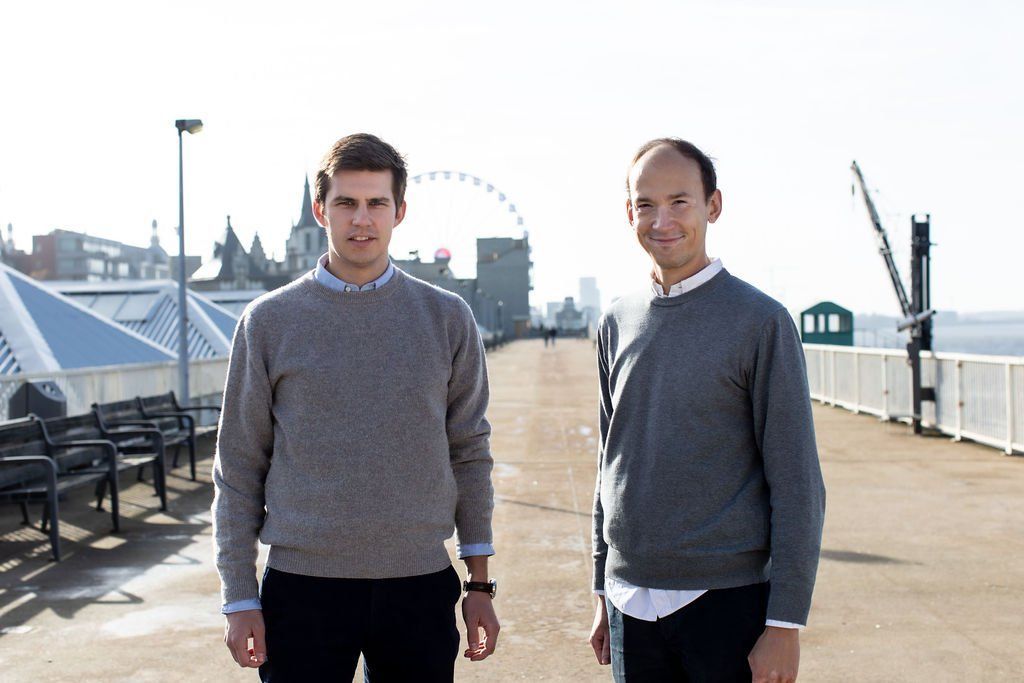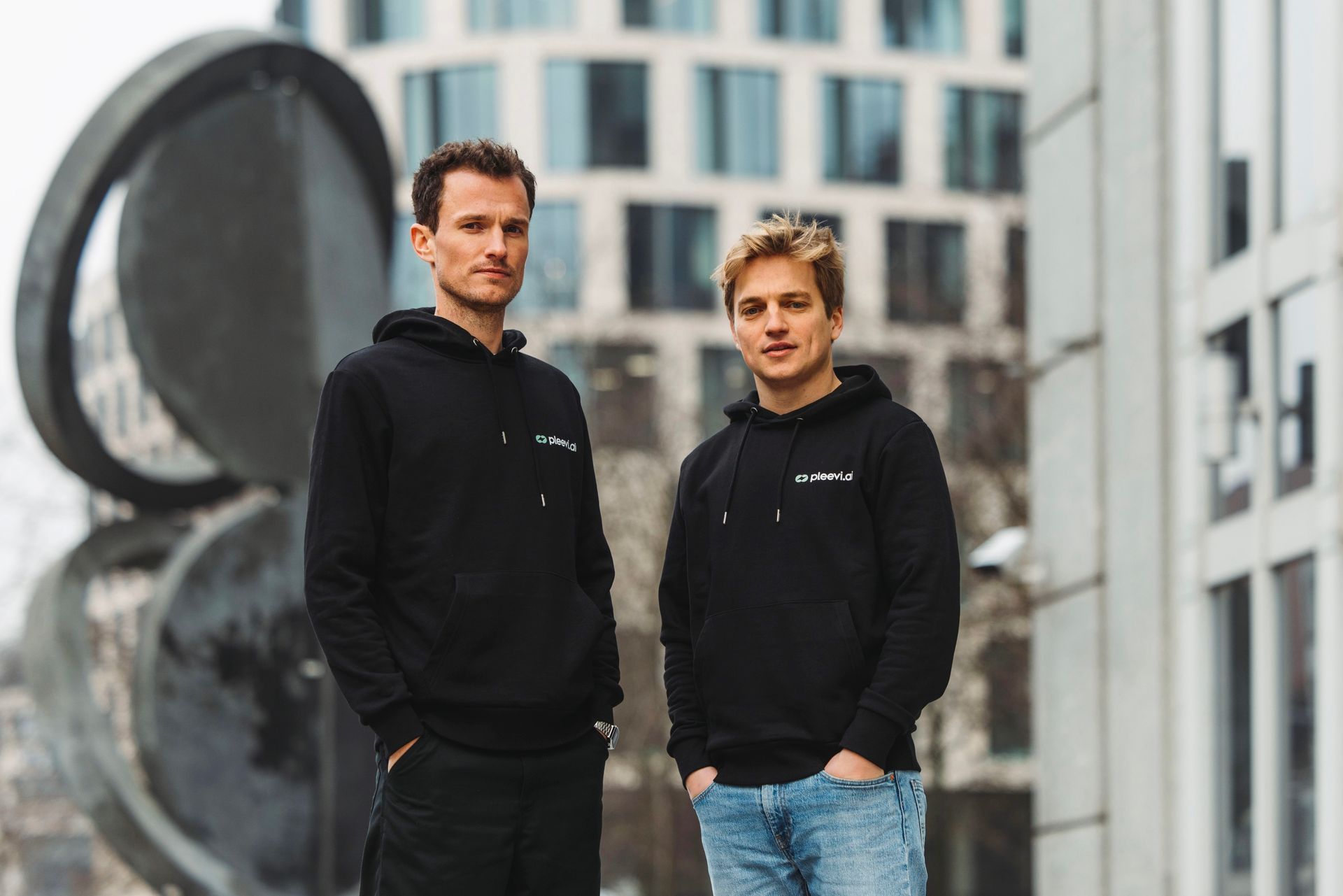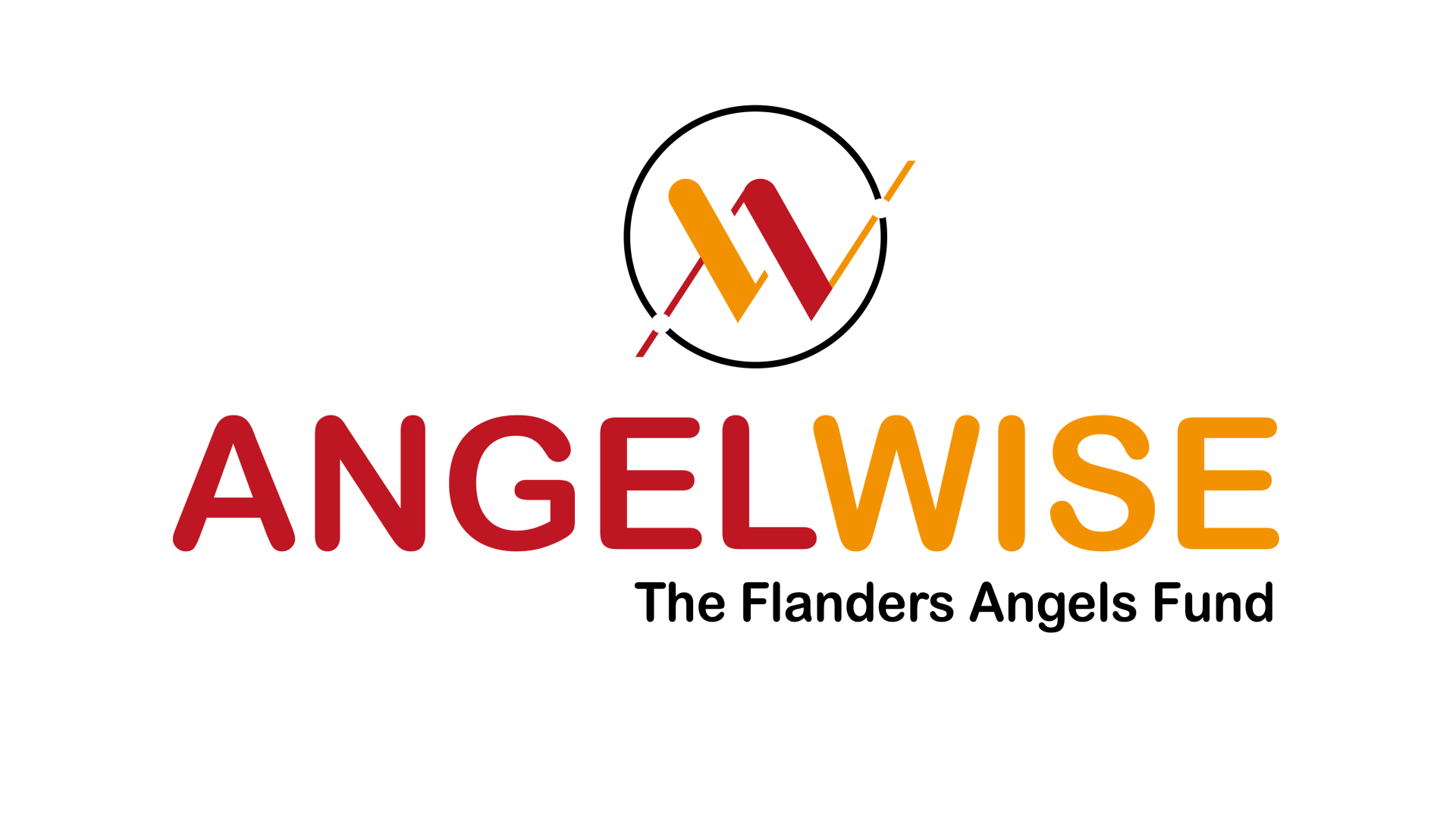Why we don't sign NDAs
Your goal is to attract investors
You shouldn’t worry about NDA’s. We understand that you want to protect your business by preventing your trade secrets and ideas from getting into the wrong hands. But we are in the business of investing in ideas and not about stealing your idea and starting our own business.
The rule of thumb for an entrepreneur is never to ask a venture capitalist firm to sign an NDA. Most VCs are highly vocal, open, and public about their refusal to sign NDAs. So, when entrepreneurs request for signed NDAs, they may be seen as naive and inexperienced.
There are several reasons why we don’t sign NDAs:
Share the cookie, not the recipe
If you have something super-secret that no one else should know, just don’t tell. It is totally up to you on what they want to show and what to hide. An NDA can be required later in the process, but never before the term sheet is signed.
We operate on the basis of trust
Developing a successful relationship with requires trust. When you approach an investor to invest in your business and then ask to sign a non-disclosure agreement, it is perceived as a signal that you don’t trust the investor or you don’t understand the early-stage financing system. A successful investor always maintains the trust of the entrepreneur.
We have a reputation to maintain
At the time an entrepreneur is pitching a business idea, we could be looking at three or four similar deals. So, if we sign an NDA and fund another similar deal, it would make the entrepreneur seem like we have stolen their idea. If it becomes known in the market we reveal confidential business secrets, our reputation would be damaged severely. With a positive reputation, we get great investment opportunities.
We want you, not us, to work on the idea
We want entrepreneurs and their team and not their ideas. An idea is easy to come by but pulling off that idea is something that requires blood, sweat, and dedication. The whole point of investing in your business is to get the you to be successful, which will only happen when your business accelerates. Therefore, we prefer to be coaches and mentors and leave the hard work to you and your team.
Reviewing NDAs for all startups is unrealistic
Our role is to invest money and provide support to companies exhibiting high growth potential. We experience high rates of failure because of the uncertainty with unproven and new enterprises. This also means that each year we review 200 to 300 companies in order to make 3 to 5 investments. Having to sign an NDA for each opportunity just takes to much time, even without accounting for tracking agreements across NDAs over time, which gets exponentially more complex with each additional NDA.
Sources:
Why we don’t sign NDAs, Synvest Capital
Why Most VCs Don’t Sign NDAs, Brad Feld (Co-Founder of Techstars)
Why VCs Don’t Sign NDAs, Fred Wilson (Founder, Union Square Ventures)
The Venture Capital Wishlist , Guy Kawasaki, Angel Investor





